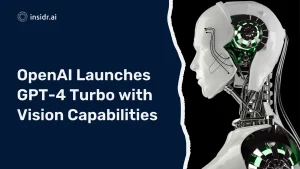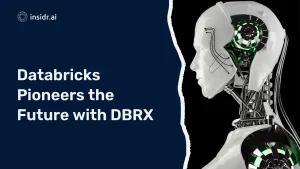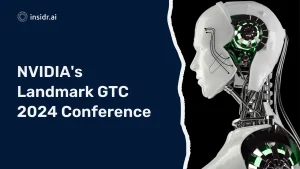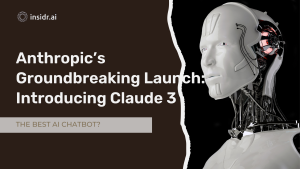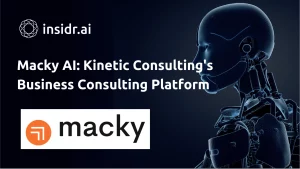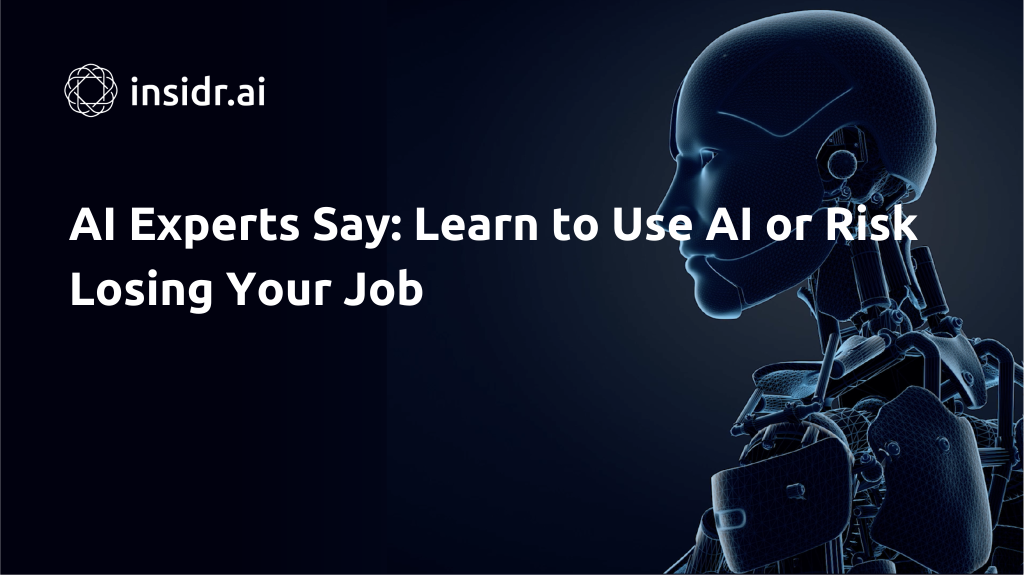
The era of artificial intelligence (AI) is upon us, and its transformative impact on various industries cannot be overstated.
Dr. Muhammad Mamdani of Unity Health Toronto asserts, “Clinicians who use AI are going to replace clinicians who don’t use AI.”
This sentiment echoes across sectors, from healthcare to creative arts.
Workers are urged to equip themselves with AI skills or risk being replaced by the technology they fail to embrace.
Unity Health Toronto, home to St. Michael’s Hospital, exemplifies AI’s potential.
Algorithms now manage patient monitoring, significantly reducing the time spent on routine tasks and allowing staff to focus on critical patient care.
Meta's AI-powered Chatbots
While AI hasn’t fully replaced workers yet, Statistics Canada reports that up to 40% of Canadian jobs are at risk of transformation, with predictions ranging from five to 20 years.
The shift is already underway, raising concerns among professionals in various fields, including artists like illustrator Martin Deschatelets.
Deschatelets and others worry about AI’s ability to generate content swiftly, from children’s books to artwork, potentially diminishing the need for human creativity.
Economist Armine Yalnizyan emphasizes that AI is impacting all industries, evolving rapidly, and pushing us into uncharted territory.
Yalnizyan underscores the importance of education. Universities, colleges, and schools should prioritize teaching AI skills to prepare the workforce for an AI-dominated future.
The 25-54 age group, often outside formal education, faces an urgent need to adapt to AI technologies.
Experts, including Jeff Macpherson of Xagency.AI, advocate for harnessing AI as a tool rather than fearing it as a job thief.
Businesses will implement AI for efficiency and cost savings, creating opportunities for individuals skilled in utilizing AI to enhance their work.
While not all industries will experience massive disruption, the consensus is clear: AI’s influence is pervasive, and its impact is accelerating.
Professionals should embrace AI, develop adaptable skills, and be prepared for a job landscape where AI plays an integral role.
However, there’s a call for balanced regulation to ensure ethical AI usage while fostering innovation.
The rapidly evolving technology landscape necessitates careful consideration of its societal consequences.
Insidr.ai's comments
The article underscores the urgency for individuals in various industries to embrace AI skills as an essential part of their professional toolkit.
As AI continues to permeate diverse sectors, from healthcare to the arts, those who fail to adapt may face job displacement.
Education institutions should prioritize AI training, and individuals, especially those in the 25-54 age group, must proactively learn to work alongside AI.
At Insidr.ai, we tend to provide the best information regarding how to use AI to supercharge your business and productivity.
Explore our AI academy, or find the best AI tools for you needs.
Conclusion
In conclusion, the AI revolution is not a distant future; it’s happening now. The choice is clear: adapt and thrive or risk being left behind.
Education and preparation are key to navigating this AI-powered future.
Sources
Discover More AI Tools
Every week, we introduce new AI tools and discuss news about artificial intelligence.
To discover new AI tools and stay up to date with newest tools available, click the button.
To subscribe to the newsletter and receive updates on AI, as well as a full list of 200+ AI tools, click here.


